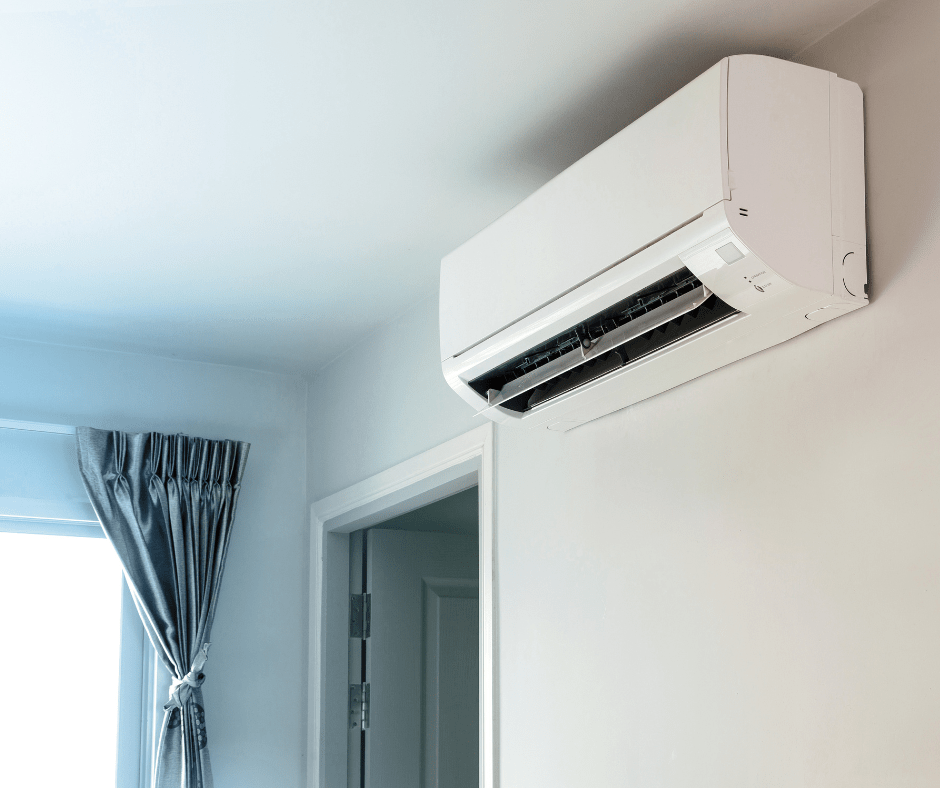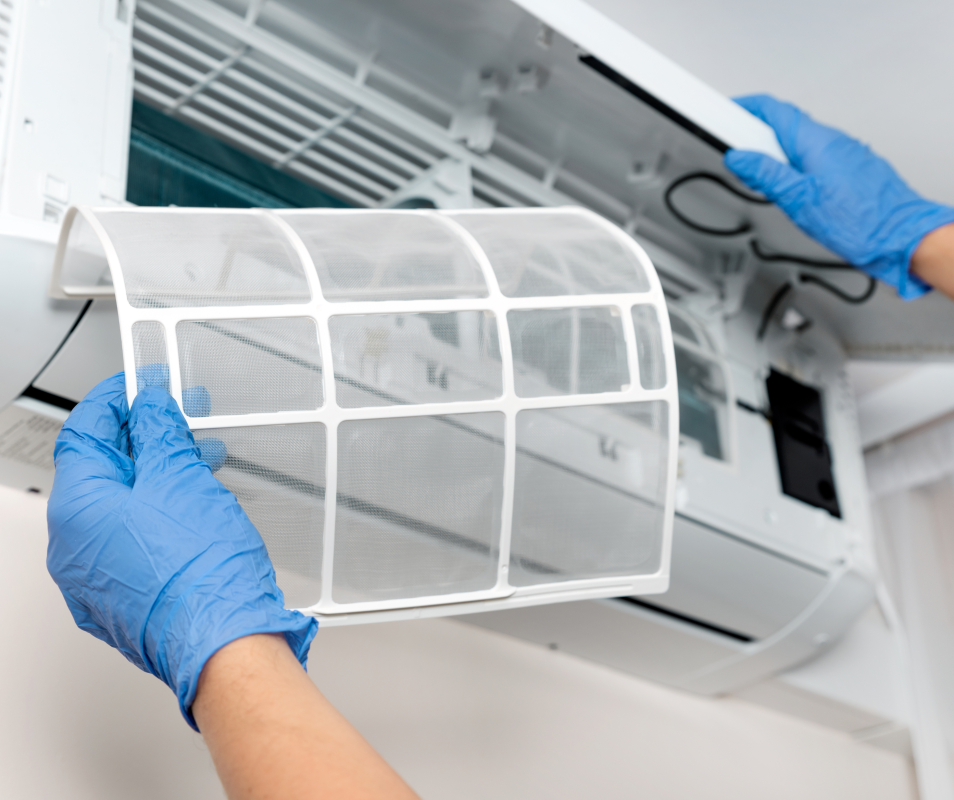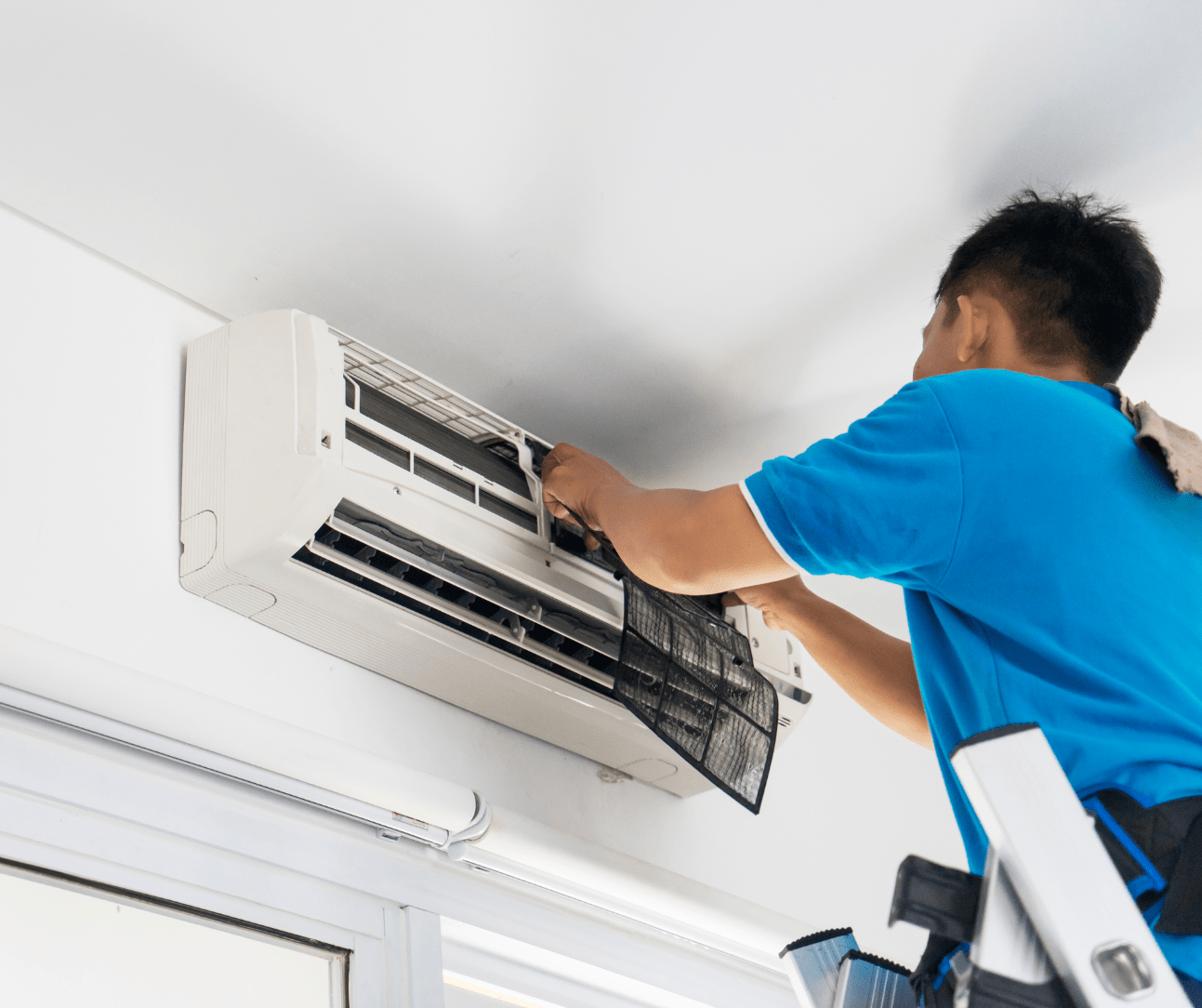As the summer months approach and the mercury starts to rise, the thought of installing or upgrading an air conditioning (AC) system in your home becomes increasingly appealing. Today’s market offers a plethora of options, but the choice often boils down to two main types: inverter and non-inverter ACs. Both have their merits and demerits, and understanding these can help you make an informed decision that suits your needs, budget, and environmental considerations. Here’s a comprehensive guide on the pros and cons of inverter and non-inverter ACs for homeowners looking to make a savvy investment.

What are Inverter ACs?
Inverter ACs are equipped with advanced technology that allows the compressor to adjust its speed based on the temperature of the incoming air and the level set on the thermostat. This means that instead of turning on and off at full capacity, the compressor operates at varying speeds, ensuring efficient energy use and maintaining a consistent room temperature.
Pros of Inverter ACs:
- Energy Efficiency: The standout benefit of inverter ACs is their superior energy efficiency. By adjusting the compressor’s speed, they consume less power, leading to significant savings on electricity bills in the long run.
- Consistent Comfort: Inverter ACs provide a more consistent room temperature by eliminating the temperature fluctuations that are common with non-inverter models.
- Quiet Operation: With the compressor running continuously at variable speeds, inverter ACs tend to operate more quietly compared to their non-inverter counterparts.
- Longer Lifespan: The reduced stress on the compressor from not having to constantly switch on and off extends the lifespan of inverter ACs.
Cons of Inverter ACs:
- Higher Initial Cost: The advanced technology of inverter ACs comes at a higher upfront cost compared to non-inverter models.
- Complex Repairs: Should something go wrong, the sophisticated technology can make repairs more complicated and potentially more expensive.

What are Non-Inverter ACs?
Non-inverter ACs work on a simple mechanism where the compressor operates at full power until the set temperature is reached and then turns off. Once the temperature starts to rise again, the compressor restarts at full capacity.
Pros of Non-Inverter ACs:
- Lower Initial Investment: Non-inverter ACs are more affordable upfront, making them an attractive option for those on a strict budget.
- Simplicity: The technology behind non-inverter ACs is simpler, which can mean fewer complications and potentially lower maintenance costs.
Cons of Non-Inverter ACs:
- Higher Operational Costs: The on-off cycling of non-inverter ACs leads to higher energy consumption, which can result in larger electricity bills over time.
- Temperature Fluctuations: The cycle of turning on and off can cause slight variations in room temperature, potentially affecting comfort levels.
- Noise: The start-stop nature of the compressor’s operation can make non-inverter ACs noisier than inverter models.
Making the Right Choice
The decision between an inverter and a non-inverter AC depends on several factors, including your budget, usage patterns, and priorities in terms of energy efficiency and comfort. While inverter ACs offer long-term savings on energy bills and a more stable temperature control, non-inverter ACs are a more accessible option with a lower upfront cost.
Consider your specific needs and circumstances to make the right choice. Regardless of the type you choose, ensuring regular maintenance and servicing can help optimize performance and extend the lifespan of your AC unit.
In conclusion, both inverter and non-inverter ACs have their place in the market. By weighing the pros and cons, you can select the option that best fits your requirements, ensuring comfort in your home throughout the hotter months.

